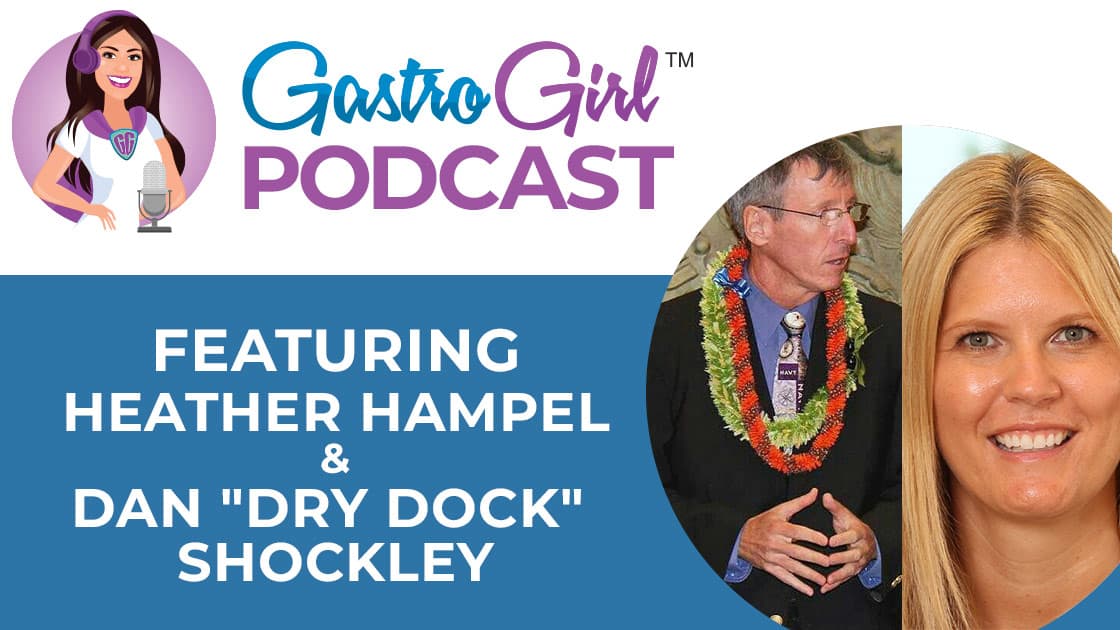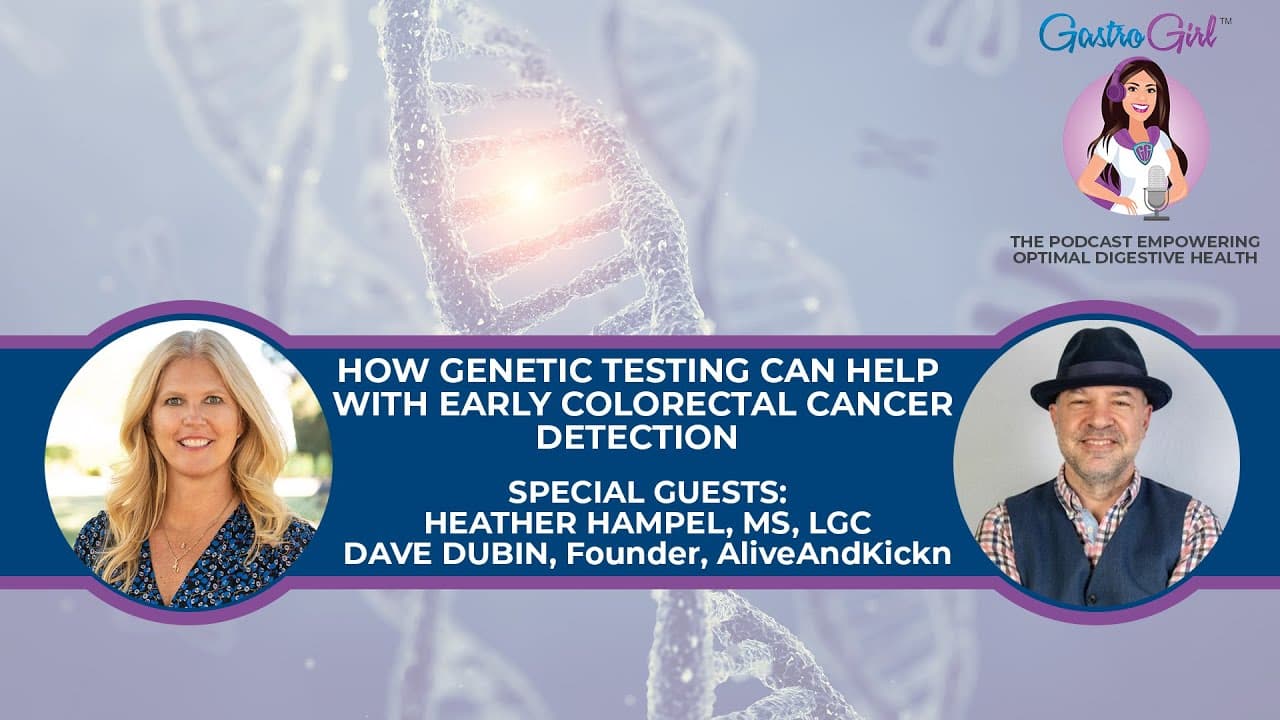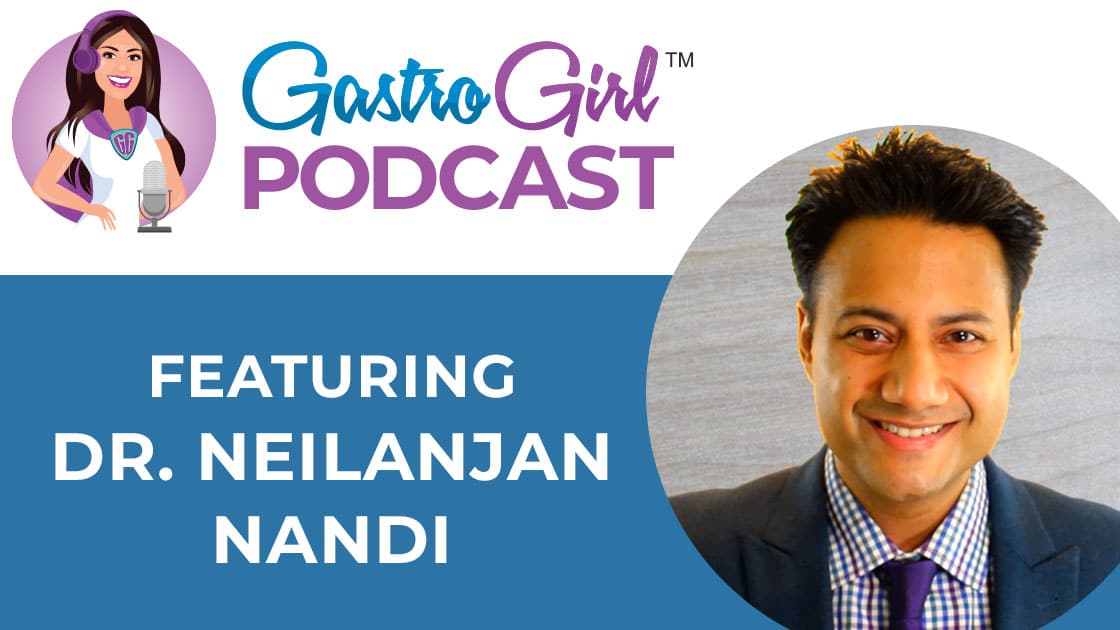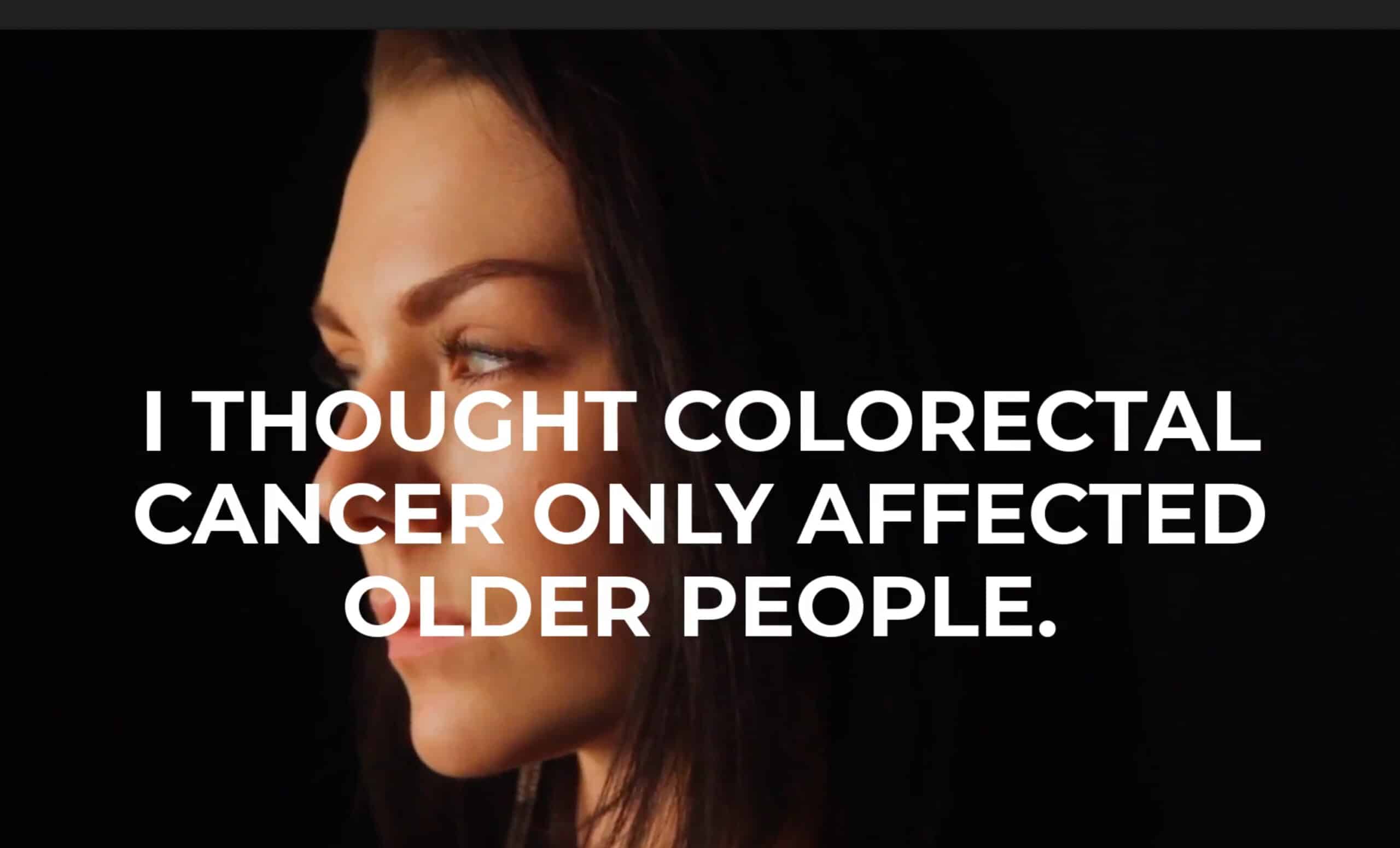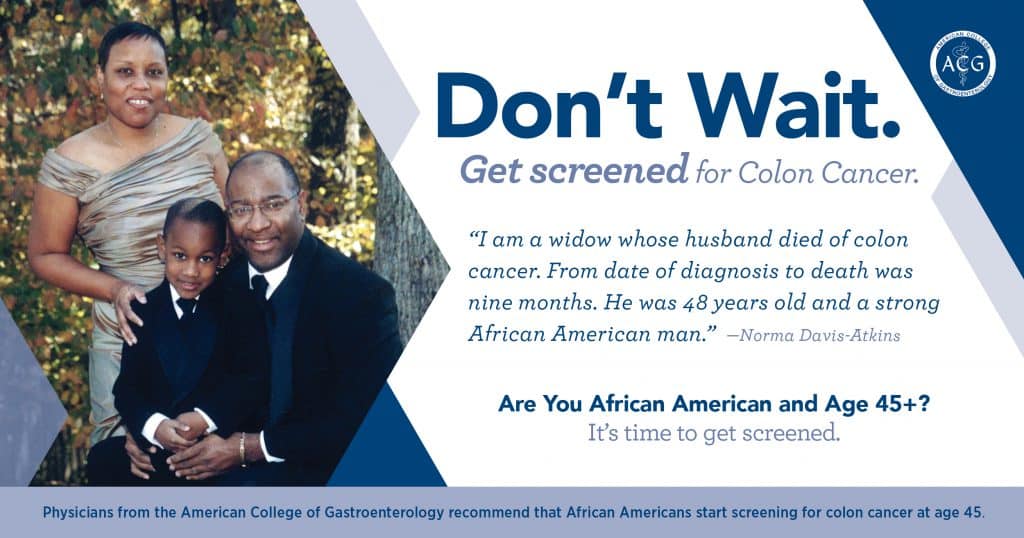From AFAP Diagnosis to Advocacy: Survivor of a Rare GI Cancer Shares His Story
Rare Disease Day is February 28th, 2021. The focus of the day is to teach the general public about rare diseases and to raise awareness among policy-makers, researchers, and healthcare professionals.
As part of our mission to advocate for those with digestive conditions, we are helping to promote Rare Disease Day and want to specifically focus on a rare GI Disease called attenuated familial adenomatous polyposis or AFAP.
Rare GI Diseases
Before we dive deeper into AFAP, let’s discuss rare GI diseases in general.
Ceciel Rooker, President of the International Foundation for Gastrointestinal Disorders (IFFGD), tells us that “according to the Genetic and Rare Diseases Information Center (GARD), there are over 250 rare diseases in the digestive disease category.”
She goes on to tell us that, “many of these [diseases] not only have no cure, their cause is also unknown as well.” This is why it’s so important to help raise awareness among those who have the means to help find answers.
According to Ceciel, breaking the silence is key. She reminds us that “it is important to acknowledge all of those whose lives have been significantly impacted by a rare GI disease and help inform the general public in order to break the stereotypical barriers surrounding these conditions.”
This is why we want to share the incredible story of someone who is living with a rare GI disease and tirelessly fighting to raise awareness.
Dan Shockley: An AFAP Hero
We recently interviewed Dan “Dry Dock” Shockley on the Gastro Girl podcast. Tune in here to hear his full story!
Dan Shockley was diagnosed with AFAP in 2012 after a routine colonoscopy revealed over 100 polyps. AFAP is a hereditary cancer syndrome that causes multiple polyps (or abnormal growths) to form on the inner walls of the colon and rectum.
On the advice of his medical team, Dan underwent a total proctocolectomy with permanent ileostomy. Dan gives a detailed account of the type of surgery he had here.
While many in Dan’s position may have chosen to dwell on the negatives, he has kept a positive attitude and serves as an inspiration for others dealing with rare GI Diseases.
Dan credits the 22 years he spent in the Navy with giving him the tools to stay flexible in the face of such a shocking diagnosis. During our podcast interview, Dan told us that his mantra is “always forge ahead with a purpose”, which spells out AFAP! He calls it “a positive spin on a negative diagnosis”.
Dan continues to spread positivity by using his story to help raise awareness for hereditary colon cancer. He is also working to establish the 4th week of March as Hereditary Colon Cancer Awareness Week.
Dan truly is a hero for the Rare GI Disease Community. Check him out on Instagram @dandrydock!
How to Get Involved
Helping to raise awareness for rare diseases by sharing resources within your community and online may seem like a small step, but it can have a HUGE impact!
Ceciel Rooker tells us that “raising awareness about rare GI diseases can translate into federal investments in research” and can encourage new developments in the diagnosis and treatment of these conditions.
You can learn more about raising awareness for Rare Disease Day here and learn how to get involved with Fight Colorectal Cancer here!
Related Resources
February 26, 2021
Learn about Lynch & AFAP from a Top Genetic Counselor & a Rare Cancer Survivor
Our first guest, Heather Hampel, shares her inspiration for becoming a genetic counselor and explains some of the rare hereditary GI cancers. Heather explains Lynch Syndrome & AFAP, and shares why genetic testing is so important if you have a family history of colon cancer. Our second guest is Dan “Dry Dock” Shockley, who has AFAP (Attenuated Familial Adenomatous Polyposis). Dan discusses his patient journey, his mission of advocacy, and an upcoming surgery to continue the treatment of his disease.
February 26, 2021
How Genetic Testing Can Help With Early Colorectal Cancer Detection
Are you curious about the role of genetic testing in identifying your risk for hereditary GI cancers, including colorectal cancer? This episode features world renowned genetic counselor, Heather Hampel, who shares her expertise on hereditary cancer syndromes and how early detection may save your life. Then, we talk with 3 time Lynch syndrome cancer survivor and patient advocate, Dave Dubin, who is living proof of the impact that genetic testing can have on your life as well as the lives of your family members. We’ll learn why knowing your risk early can provide you, your family members and your healthcare providers with the vital information needed to manage this risk and lookout for potentially cancerous activity, specifically in the colon.
February 26, 2021
Colorectal Cancer: Are You at Risk? What You Need to Know About Symptoms, Prevention & Screening Options
Dr. Neilanjan Nandi discusses colorectal cancer (CRC) and why the latest ACG CRC screening guidelines recommend colorectal cancer screening begin at age 45 for average-risk individuals. He explains what we need to know about CRC symptoms, prevention, the importance of knowing your family history and how early cancerous polyp detection can save your life. He also provides insight on screening options, why colonoscopy is the “gold-standard” for CRC prevention and gives us colonoscopy prep tips.
Listen to our
latest Podcast!

